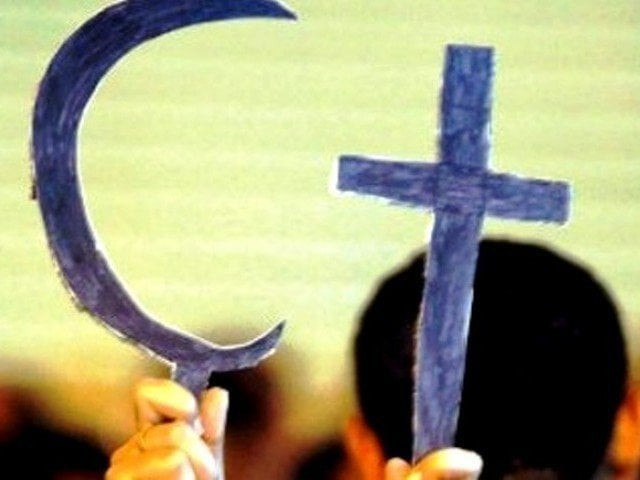The rights of minority students
The introduction of the book on ethics for Sindh’s non-Muslim students is a commendable effort

PHOTO: AFP
The welcome news is that the Sindh Textbook Board (STBB) has introduced a book on ethics for non-Muslim children studying from class seven onwards. The book includes information on a range of faiths and practices and will become active in the 2016-17 school year. It is written in Urdu and will be provided free of charge. It is the product of two years of work and we see this as a commendable effort at every level, only sorry that this could not have become a reality decades before this. It goes some way both to recognising the rights of the children of minorities to have primary education in their own faith and to closing the gap on a glaring inequality. Hindu leaders have welcomed the development and commented that it is now for other provinces to do likewise, a move which this newspaper would also support. Primary education is the place where young minds are moulded, setting frameworks and attitudes and beliefs — and prejudices and misunderstandings — that then pervade the life of children everywhere. The faith-minorities of Pakistan have often and rightly complained of discrimination in every part of their lives. They are regularly victimised and marginalised. A move such as this will have far-reaching effects; it will be felt down the years as of benefit to all, and not only the faith-minorities.
Published in The Express Tribune, January 30th, 2016.
Like Opinion & Editorial on Facebook, follow @ETOpEd on Twitter to receive all updates on all our daily pieces.














COMMENTS
Comments are moderated and generally will be posted if they are on-topic and not abusive.
For more information, please see our Comments FAQ